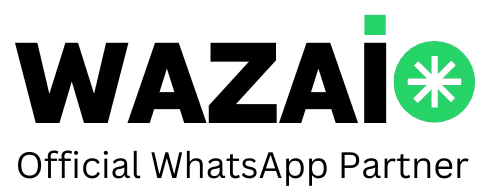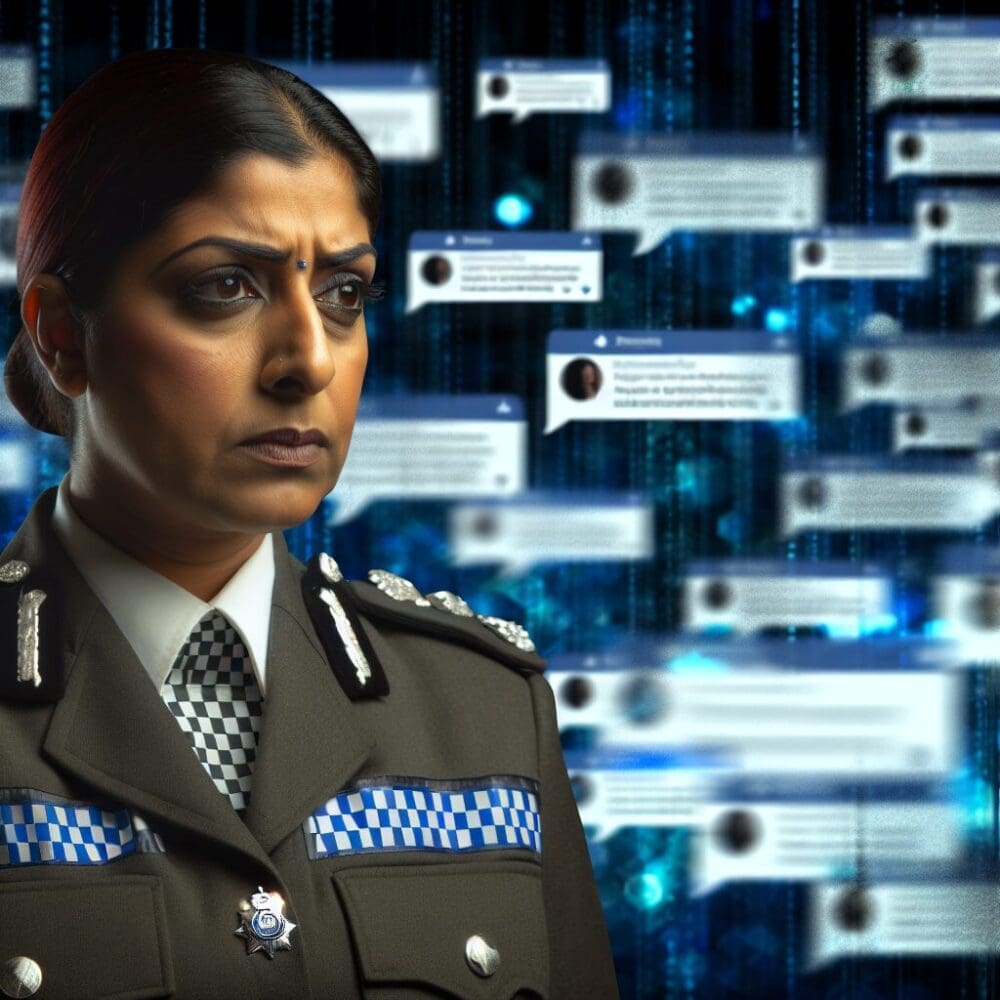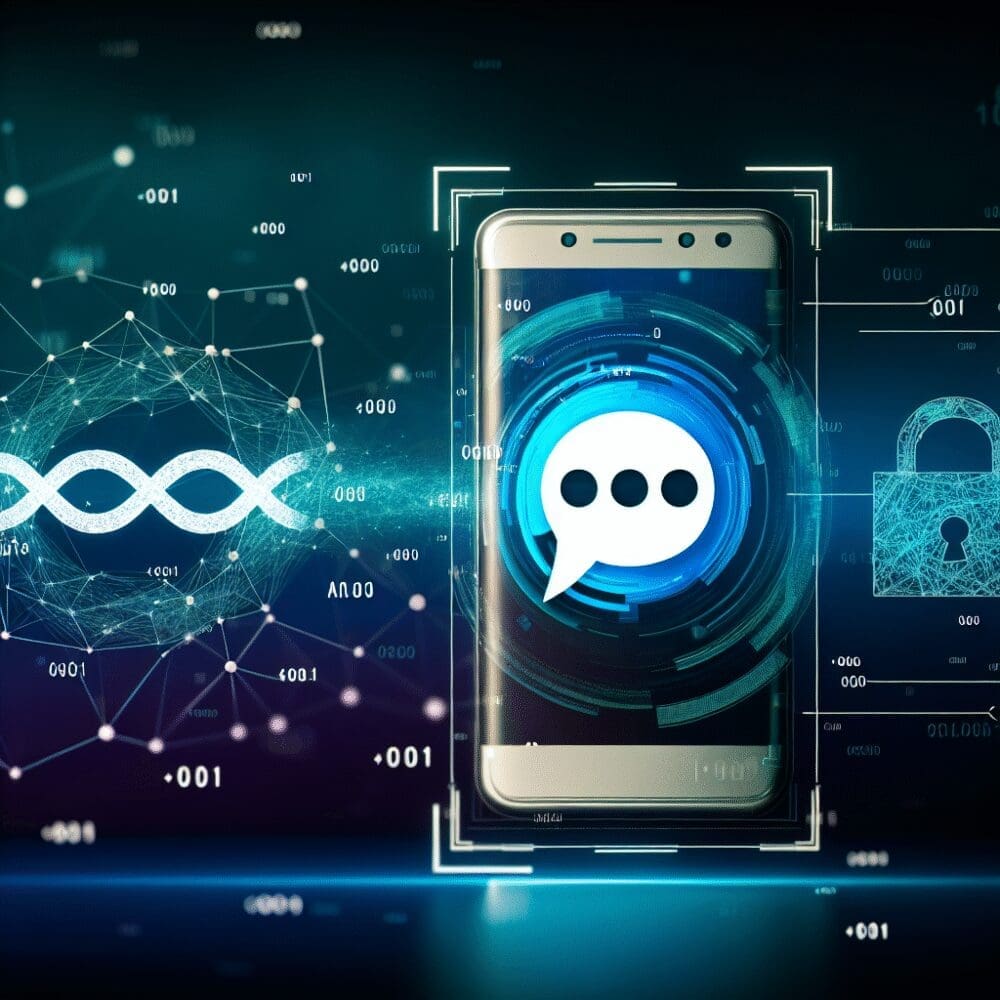“`html
Met Police Inspector Investigated for Racist and Sexist Chat Allegations
The Metropolitan Police Service, commonly known as the Met, is once again under the spotlight as revelations emerge concerning one of its inspectors. **Allegations** have surfaced regarding racially and sexually inappropriate behavior that has cast a shadow over the institution famously known for upholding law and order in the United Kingdom.
Background of the Allegations
Over the years, police forces globally have grappled with issues related to internal culture and misconduct. The latest investigation into a Met Police Inspector centers around derogatory comments made during online conversations. These chats, which allegedly contain both sexist and racist content, have raised significant concerns about the prevailing attitudes and culture within sections of the police force.
The Met’s Response
In the face of these allegations, the Met Police have publically stated their commitment to not only investigate these claims thoroughly but also to enforce strict disciplinary actions if the accusations are substantiated. Some key actions they have pledged include:
- Special Investigative Unit: A dedicated task force has been established to probe into these allegations with full transparency.
- Support for Victims: Ensuring that those affected by such behaviors are provided with appropriate support and guidance during the investigation process.
- Policy Revisions: The institution promises to reevaluate its existing policies surrounding conduct to prevent similar incidents in the future.
Impact on the Community and Trust
Community trust plays a pivotal role in the effectiveness of policing. Incidents like these often erode public confidence, creating a more challenging environment for officers who strive to serve with integrity. The reverberations of such allegations include:
- **Shift in Public Perception:** Increased skepticism towards the force’s ability to operate without prejudice.
- **Call for Greater Oversight:** Advocacy groups are amplifying their calls for the creation and empowerment of civilian oversight bodies.
- **Pressure for Culture Change:** Insistence on reforms within the police culture to foster an environment of respect and professionalism for all.
Understanding Racist and Sexist Behaviors in Law Enforcement
Racist and sexist behaviors are not unique to the police force, yet their presence in law enforcement is particularly jarring given the power dynamics and authority entrusted to officers.
Roots of the Problem
The persistence of such behaviors can often be traced back to various factors, including:
- **Systemic Prejudice:** Deep-seated biases that have been ingrained over generations.
- **Lack of Diversity:** A workforce that doesn’t reflect the diverse communities it serves can unintentionally harbor or ignore prejudiced viewpoints.
- **Inadequate Training:** Failure to provide comprehensive training programs that address unconscious biases and promote cultural sensitivity.
Solutions for Change
To address these challenges, comprehensive strategies are essential. Some potential avenues include:
- **Implementation of Bias Training:** Regular and mandatory training sessions for officers at all levels to combat ingrained prejudices.
- **Enhancing Diversity:** Recruitment drives aimed at hiring from diverse backgrounds to create a more representative police force.
- **Robust Complaint Mechanisms:** Establishing clear and accessible channels for civilians and officers to report inappropriate conduct without fear of retaliation.
The Role of Media and Public Discourse
The role of the media and public discourse in shaping the narrative around such allegations cannot be understated. **Transparency** in reporting and discussing these issues is critical in driving reform and accountability.
The Power and Responsibility of Media
Media outlets have the responsibility to:
- **Inform the Public:** Providing accurate and unbiased information that helps educate and inform the general public.
- **Hold Authorities Accountable:** Acting as a watchdog by holding institutions accountable for their actions and ensuring transparency.
- **Facilitate Constructive Dialogue:** Encouraging discussions that lead to constructive solutions rather than divisive rhetoric.
Public Engagement
The public’s role in this discourse is equally critical. Community members can contribute by:
- **Staying Informed:** Keeping abreast of developments to form well-rounded opinions.
- **Participation in Dialogue:** Engaging in community forums and discussions to voice concerns and suggestions.
- **Advocating for Change:** Supporting initiatives and policies that aim at improving police accountability and community relations.
Moving Forward
The allegations against the Met Police Inspector serve as a reminder of the ongoing challenges faced by law enforcement agencies worldwide. The journey towards a more **inclusive** and fair policing system is complex but imperative. By learning from these incidents, implementing necessary reforms, and fostering a culture of respect and integrity, strides can be made towards regaining public trust and ensuring justice for all.
“`
This blog post not only examines the specific incident involving the Met Police Inspector but also delves into the broader implications and pathways for change. The intention is to spark dialogue and promote understanding of issues related to police culture and community trust.



